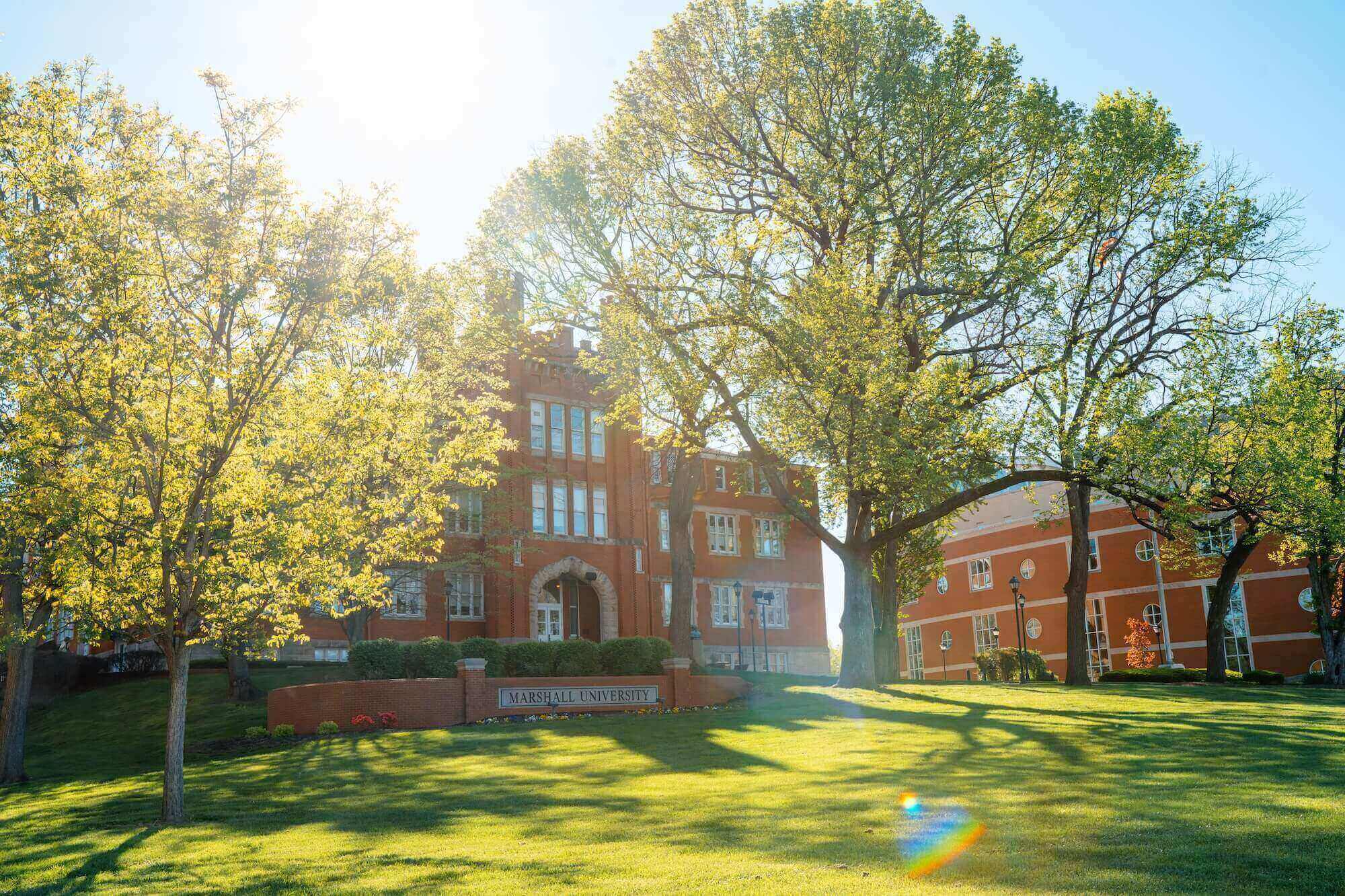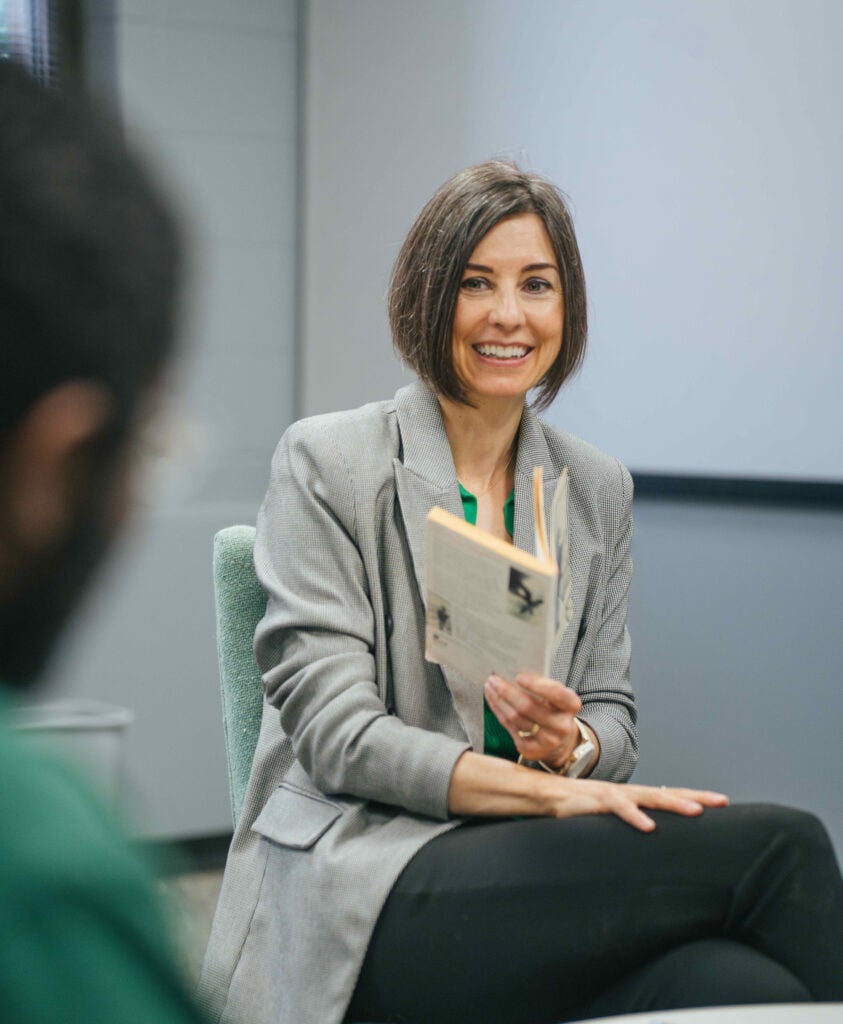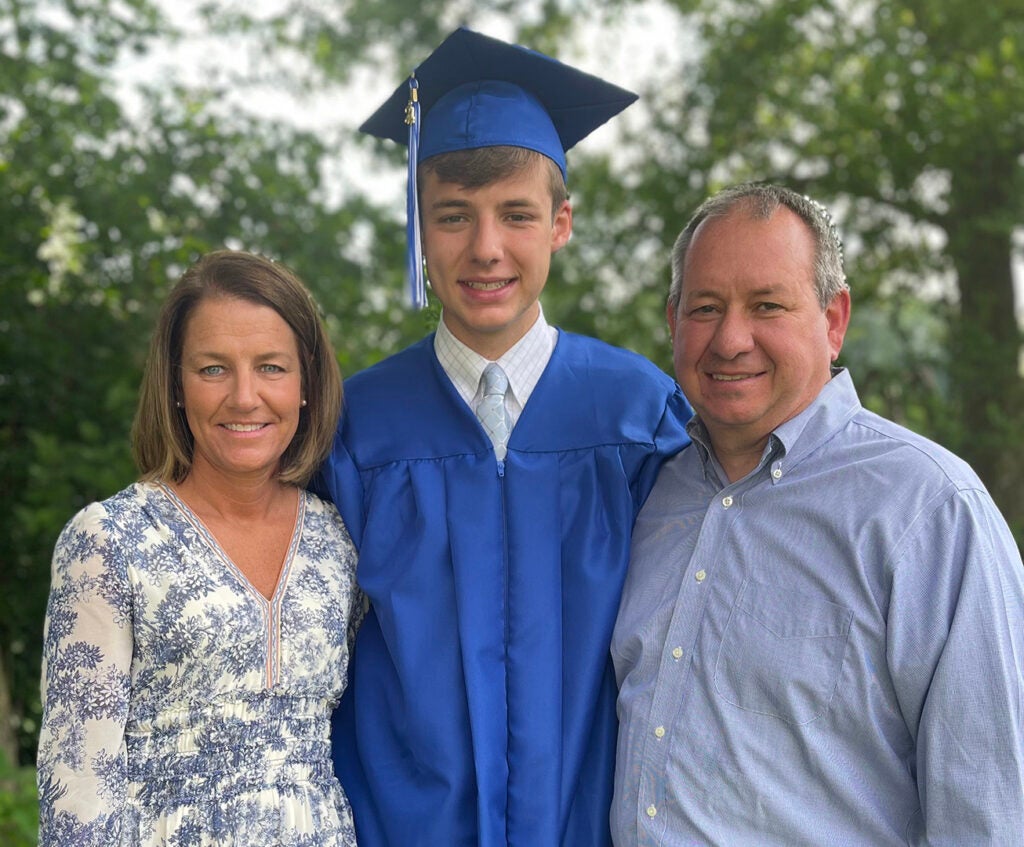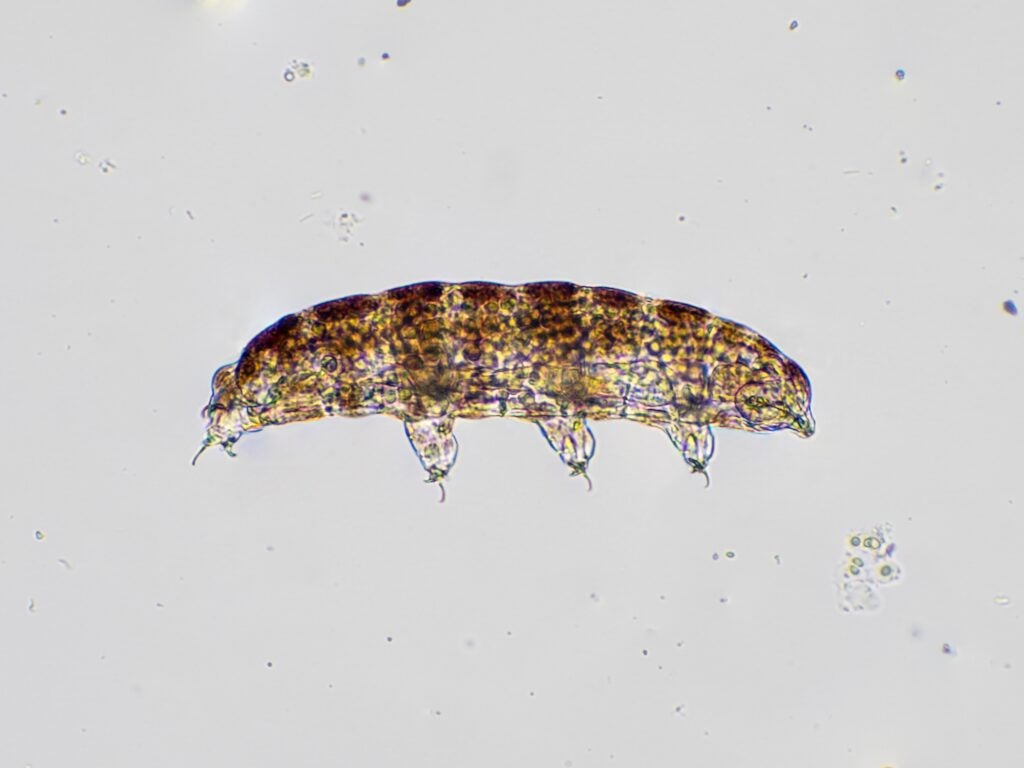Common Search Terms:

Marshall University News
What's happening at Marshall University
Recent Moments
 It’s a Good Life
Apr 23, 2025
It’s a Good Life
Apr 23, 2025
 Pages of Purpose
Apr 17, 2025
Pages of Purpose
Apr 17, 2025
 Replacing A Legend
Apr 2, 2025
Replacing A Legend
Apr 2, 2025
 Marshall’s expanded Metro Tuition Rate is opening doors for out-of-state students
Mar 11, 2025
Marshall’s expanded Metro Tuition Rate is opening doors for out-of-state students
Mar 11, 2025
 Dual Credit programs give high school students a head start
Feb 17, 2025
Dual Credit programs give high school students a head start
Feb 17, 2025
 A Marshall trio
Feb 17, 2025
A Marshall trio
Feb 17, 2025
 Big Success from Small Creatures
Feb 10, 2025
Big Success from Small Creatures
Feb 10, 2025
Upcoming Events
Last day to withdraw from a full semester individual courses
April 25
COS Research Expo
April 25
HOME Framework Training with Marshall Online – April 25
April 25
Faculty & Staff
Yeager Leadership Institute: Leadership and Artificial Intelligence
April 25
Students,
Faculty & Staff,
Alumni
Marshall University Baseball vs South Alabama
April 25
The Spongebob Musical
April 23
Students,
Faculty & Staff,
Alumni,
General Public,
Prospective Students
Aviation Careers Open House
April 26
General Public,
Prospective Students
Marshall University Baseball vs South Alabama
April 26
Dani Richardson Senior Recital
April 26
The Spongebob Musical
April 23
Students,
Faculty & Staff,
Alumni,
General Public,
Prospective Students
Recent News Releases
Marshall University students win national volunteer awards
April 25, 2025
Marshall appoints Bookwalter as interim provost
April 17, 2025
Four Honored with Women of Marshall Awards
April 17, 2025
Featured Videos



More News
College of Arts and Media
College of Business
Marshall welcomes Harvard Business School students
October 15, 2024
Tricia Ball returns to Marshall to lead the iCenter
October 2, 2024
Eng named interim dean of the Lewis College of Business
July 11, 2024
College of Education and Professional Development
Iconic West Virginia schoolhouse named to National Schoolhouse Register
February 24, 2025
Tickets on sale for seventh annual TEDxMarshallU event
December 18, 2024
College of Engineering and Computer Sciences
Marshall University to host 5th annual Cyber Safety Summit on Nov. 20
November 18, 2024
MU Cyber Team places eighth in Emagine The Future cyber competition
November 6, 2024
College of Health Professions
Marshall University receives gift for renovations to Gullickson Hall
October 10, 2024
College of Liberal Arts
College of Science
Marshall University maintains Carnegie Research 2 ranking
February 24, 2025
Marshall celebrates excellence in grantsmanship and grant growth
February 4, 2025



